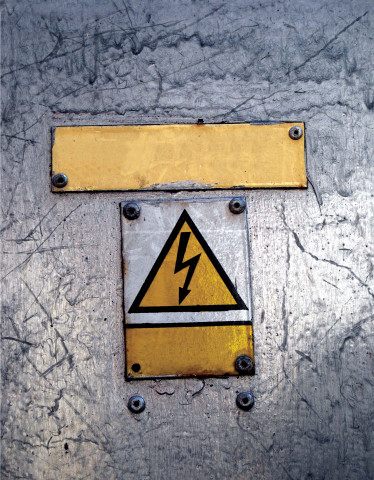Contractual wiggle room: Nepra refuses to accept Karachi violence as an excuse
KESC requests power regulator to exempt it from its legal obligations.

A bid by the Karachi Electric Supply Company to use the deteriorating law and order situation in Karachi as an excuse to be relieved of its contractual and legal obligations to the government failed on Monday after the National Electric Power Regulatory Authority (Nepra) refused to accept the KESC’s excuses.
KESC had submitted a request to Nepra to declare the violence in Karachi to be a force majeure, a legal term that implies circumstances beyond the control of one or more parties to a contract that prevents them from fulfilling their contractual obligations.
If Nepra had accepted the KESC’s request, it would have effectively exempted the company from many of its legal obligations to the regulator. Both the federal and Sindh governments opposed a declaration of ‘force majeure.’
In a hearing on the matter, Nepra decided to come down hard on the KESC, noting in its ruling that the power company had failed to live up to its end of the bargain in terms of improving the delivery of services. For instance, Nepra claimed that the KESC had yet to ensure proper reading of electricity meters and address consumer complaints in a timely manner.
“Due to poor governance by the KESC management, Karachi is facing its worst crisis of electricity,” claimed Nepra in its decision.
Its officials also seemed to be irked by the fact that the KESC had decided to lay off 4,500 employees “without taking the Sindh and federal governments as well as Nepra into confidence.”
It is unclear whether or not KESC was legally obliged to do so after the company was privatised. The federal water and power ministry claims that the company, which was bought out by the Dubai-based private equity firm Abraaj Capital, was legally bound to retain its “surplus employees” and charge a Rs0.15 per unit surcharge from consumers in order to meet the expenses associated with those employees.
Government officials seem incensed that the KESC has levied that extra charge but has decided to dismiss its surplus employees anyway. “The KESC’s decision to fire 1,500 employees has upset the federal and Sindh governments,” said one official of the federal power ministry.
The federal power ministry took a particularly harsh line against KESC during the hearing, asking Nepra to punish the company for what it deemed to be its failure. The regulator seems inclined to agree. “Nepra may fine the KESC over its poor performance,” said one official familiar with the matter.
Meanwhile, in another case during Nepra’s hearing on Monday, the Water and Power Development Authority (Wapda) sought a Rs1.43 per unit increase in the power tariff it charges companies in order to raise the Rs81 billion that the authority needs in order to meet its revenue requirements. Of that amount, Wapda says it plans to spend Rs43 billion on power and water development projects.
Published in The Express Tribune, July 5th, 2011.



















COMMENTS
Comments are moderated and generally will be posted if they are on-topic and not abusive.
For more information, please see our Comments FAQ